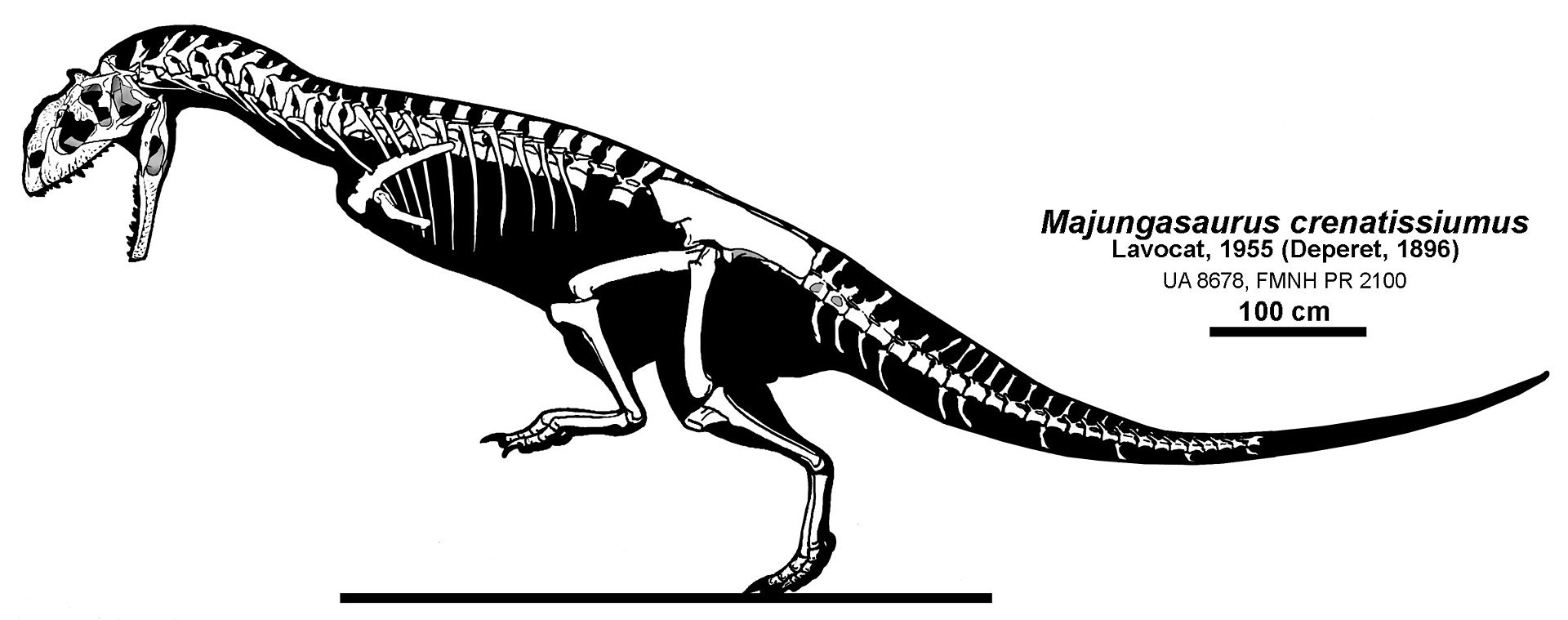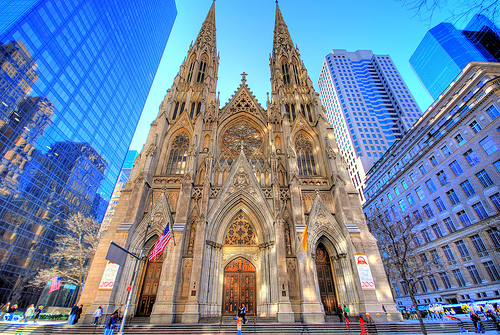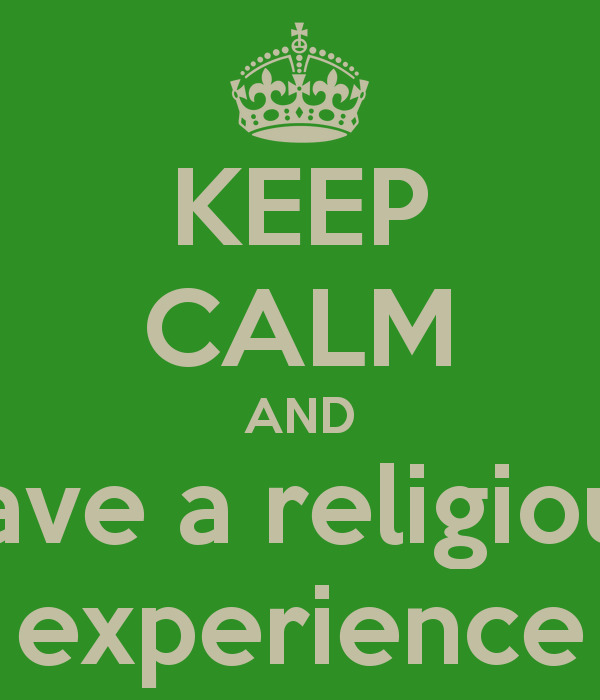What are we trying to do here at schoolsforhumans.org? This.
VALUES: MEANING, MASTERY, LOVE
Our schools aim to cultivate adults who can help mend the world:
- Renaissance men and women asking what sort of society they want to live in (and then shaping it), asking what sort of people they want to be (and then becoming them), and understanding how the world hangs together.
- They develop superpowers: mad-crazy skills in domains like writing, speaking, thinking, reading, computation, drawing, seeing, entrepreneurship, cooking, empathy, self-knowledge, creativity, rationality, and aesthetics.
- Finally, they fall in love with the world: developing relationships with all the things they study and with the people in their community.
CURRICULUM: VIBRANT, EXACTING, UNFORGETTABLE
The heart of our schools' mission is to develop the world's greatest curriculum: intellectually vibrant, content rich, cognitively exacting, emotionally compelling. This curriculum spans kindergarten through high school, and encompasses history, math, science, cooking, writing, drawing, philosophy, physical education, literature, music, foreign language, biology, chemistry, physics, ecology, anthropology, sociology, psychology, geography, world religions, economics, political science, coding, design, spelling, and much, much more.
We'll be developing this curriculum, refining it together, and offering it for free online to anyone who wishes to borrow from it, or to see what education can aspire to in the 21st century.
CULTURE: A TRIBE FOR HUMAN FLOURISHING
We envision our community as a tribe pursuing a common mission. It will be a place for teachers and students to be full human beings — exploring, struggling, bonding, exulting, and creating as they're given autonomy and support.
Teachers will be prepared through an intensive two-year training program in which they begin to master the skills they will be cultivating in students.
FINANCES: FREE, AND HIGH-PAYING
Our lofty goal is for the school to be free for all families and to pay teachers well through a combination of crowdfunding and institutional grants. We hope to offer enough to attract some of the most brilliant innovators from local K–12 schools as well as from other industries.
We are planning to incorporate as a nonprofit 501(c)(3).
INFLUENCES: DIVERSE
Obviously, we're not the first people to try to do these things! We're bringing together the work of many creators, especially the work of Kieran Egan and the Imaginative Education Research Group, Montessori schools, Waldorf schools, classical schools, and outdoor schools. We're also bringing in theoretical approaches of cognitive, evolutionary, and positive psychology.
We're building especially on a few particular insights developed by these groups:
- Kieran Egan and the Imaginative Education Research Group: Thinking flows from feeling, and everything in the world is interesting. Good teaching means falling a little in love with a topic, and then helping students catch that love.
- Montessori schools: Students should be given freedom to choose between a prescribed range of options, and to be given the space to work diligently in them. Students learn best in a mixed-age community.
- Waldorf schools: The arts are essential to a good education, and with the proper instruction everyone can become adept at them. The school environment should be visually elegant and emotionally supportive.
- Classical schools: Students should digest the most profound insights, stories, and mysteries — from around the world and across the millennia — so as to become creators of new insights, tellers of new stories, and explorers of new mysteries. A good education is intrinsically moral — filled with visions of what sort of life is worth living, and the quest for how to achieve it.
- Outdoor schools: Children are not designed to spend all of their days in sterile, comfortable, and well-lit environments. We learn more and are happier when we're put into contact with the messy, risky real world of plants and animals.
- Cognitive psychology: There are basic rules for how minds work. When we reimagine schooling around these rules, all students can regularly build skill, preserve memories, and generate new ideas.
- Evolutionary psychology and positive psychology: Traditional schools were built on a factory model that doesn't match what humans are. By paying attention to human nature and to human well-being, we can remake schools into gardens for human flourishing.
PLANS: ONE SCHOOL IN 2017, THEN MORE
In September 2017 we'll be opening a K–2 school on the Eastside of Seattle, which we will grow into a K–12 over the next decade. We won't stop there: growth will be part of our DNA. Our plan is to splinter off new schools to form a network, sharing philosophy and administration, swapping curriculum and teachers, and meeting together to dream bigger and problem solve.
This, at least, is draft one-point-oh! Kristin and I would love your feedback — send it to me at brandon.hendrickson@gmail.com. With it, we'll be maturing the above into something even better.
Some specific questions, if you'd like:
- What of the above particularly excites you?
- Anything that hits you the wrong way?
- What doesn't make perfect sense?
- What grammar and orthographical errors do you spy?
- What would you like to see spelled out?
- What questions do you have about our schools that aren't answered on here?







 ... for ten whole days. Sheesh!
... for ten whole days. Sheesh! Life is constant reinvention — online life, much more so!
Life is constant reinvention — online life, much more so!
